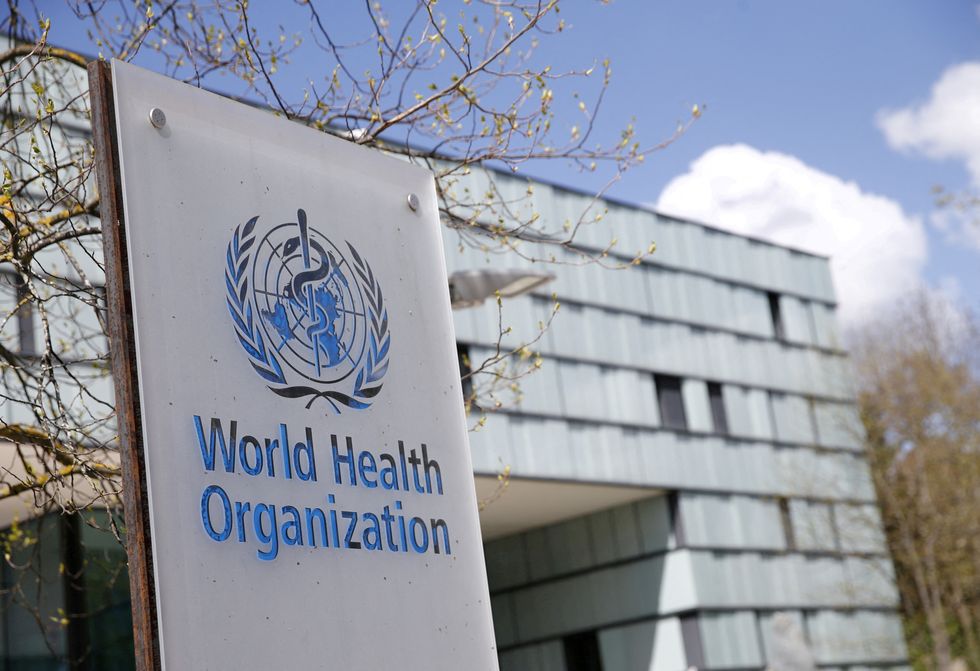WHO rename Monkeypox because of 'racist’ and 'stigmatising' language

Human monkeypox was first given its name in 1970. The virus that causes the disease was discovered in captive monkeys in 1958.
Denis Balibouse

Global health experts are to rename monkeypox after “racism and stigmatising language” emerged following the latest outbreak.
The World Health Organisation (WHO) said the disease will be referred to as “mpox” as its preferred term.
Both names will be used simultaneously while the term “monkeypox” is phased out.
The international health body said in a statement: “When the outbreak of monkeypox expanded earlier this year, racist and stigmatising language online, in other settings and in some communities was observed and reported to WHO.
Human monkeypox was first given its name in 1970. The virus that causes the disease was discovered in captive monkeys in 1958.
Denis Balibouse
“Following a series of consultations with global experts, WHO will begin using a new preferred term ‘mpox’ as a synonym for monkeypox. Both names will be used simultaneously for one year while ‘monkeypox’ is phased out.”
WHO is responsible for naming new diseases and “very exceptionally” will rename existing conditions.
Human monkeypox was first given its name in 1970. The virus that causes the disease was discovered in captive monkeys in 1958.
Director-General Tedros Adhanom Ghebreyesus.
Reuters
This year saw the first “community transmission” of the disease in the UK.
Some 3,720 cases have been identified in the UK since the start of May.
The UK Health Security Agency has said it is seeing fewer and fewer cases reported.
NHS England said some 68,000 people have been inoculated against the disease with the smallpox vaccine since the outbreak began in May.
It is now launching a campaign offering a second vaccination to those eligible who have already had their first jab.
Common signs of infection include the development of a new rash, fever, headache, muscle aches, exhaustion, and swollen lymph nodes.